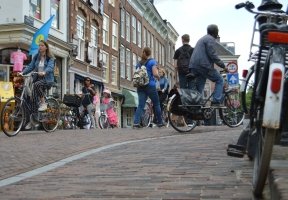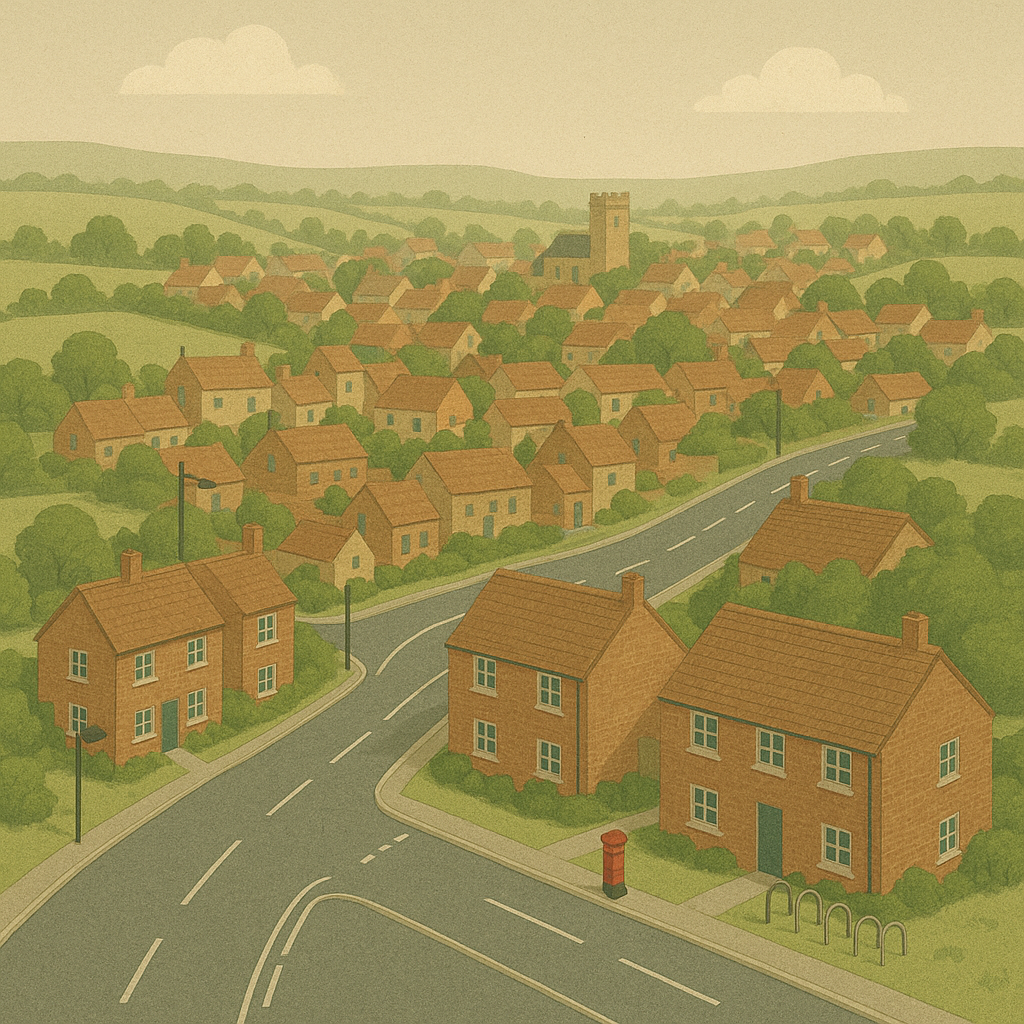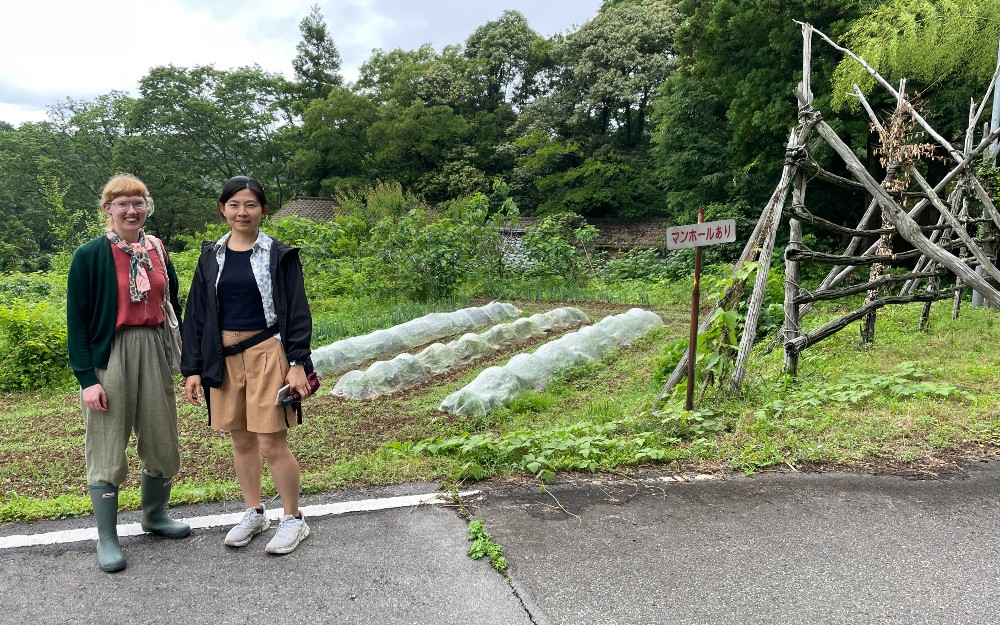In our favourite breakfast café, on the corner of a crossroads in Utrecht, the coffee comes in a glass, with a thick layer of foam sitting on top of the black liquid. It’s certainly strong, and despite the fact we have only been here three days we have already graduated from the standard size to a large glass. It comes with a small glass of water on the side to wash away any bitterness, and improve one’s outlook on life. The staff are friendly and there is a good range of music playing in the background…
“I feel good, I knew that I would, now
I feel good, I knew that I would, now…”
James Brown
From the table there is a view through the large picture window across the junction to the bus stop. The bus comes every 15 minutes so we can time our departure almost to the second – very handy yesterday when it was heaving down with rain. But today the sun is shining in a clear blue sky and the white exterior of Rietveld Schröder House, situated just down the street, stood out strongly in contrast to the other buildings as we walked past.

Looking through the big window there is a periodic flow of heads sliding across from left to right just above the wooden frame. People cycling to work and school, their movements synchronised by the timing of the traffic lights at the junction. Floating heads, a stream of humanity, centrally controlled by a system established to maximise the efficiency of the flow, that tells them when to go, when to turn and when to stop. One only hopes it does not also tell them when to think and when not. Some have headphones, others are trying to text as they ride, those with sunglasses and those without, all staring ahead. One or two heads bob up and down with the strain of trying to accelerate to get past those in front!
Stop! In the name of love…Before you break my heart
Think it over…
Think it over…
The Supremes
…seriously good coffee – and the glass is still half full – but with three minutes to go it had to be quickly drained. We get up, pay, and stroll across the junction to the bus stop, arriving just as the No. 8 comes around the corner. Perfect timing – the system operates like clockwork – ordered, mechanistic – but not without problems.
Thinking back to yesterday…walking down the street as they were cleaning up after the market there was a furious altercation. There was a bicycle on the ground, a truck half on the pavement with the cab door wide open into the street and two men (presumably the cyclist and a truck driver), their faces inches apart, screaming at each other (in Dutch of course, so we could not understand what was being said). A small crowd gathered and for a while it looked like it would come to blows.
Clearly a conflict over the use of a shared space, each side accusing the other of violating the rules that govern this narrow urban commons, that must accommodate public transport, heavy freight, private vehicles, motorised two-wheelers, bicycles, and pedestrians, all moving in multiple directions.
Ev’rywhere I hear the sound of marching, charging feet, boy
Cause summer’s here and the time is right for fighting in the street, boy
…But where I live the game to play is compromise solution
The Rolling Stones

It is not clear who determines the ‘rules in use’ here, nor how to enforce them or resolve conflict when they are broken. Clearly there is no higher authority to mediate this particular type of violation – the commoners have to do it themselves. It could have devolved into a physical power struggle but the two looked equally matched. Eventually the tone changed and the cyclist picked up his bike and moved off, still shouting over his shoulder at the driver, and getting a torrent of words in return. Neither side had backed down, so perhaps both had been in the wrong or, more likely, interpreted the situation from a different perspective. The more congested the urban commons becomes, the more important it is for all users to strictly abide by the rules – there is no room for free riders. But as congestion increases the more likely it is that the ‘rules in use’ will be violated, until some tipping point is reached when users realise that either regulations need to be stronger, different users must be physically separated, or the number of users restricted in some way.
Hot town, summer in the city…
Doesn’t seem to be a shadow in the city…
Walking on the sidewalk, hotter than a match head
The Lovin’ Spoonful
Most of the time the system works, but in the narrow streets of the medieval heart of the city, in mid-summer, the rules are constantly broken as temporary users who lack understanding of the ‘rules in use’, flood into the common space. One can feel the tension between the regular users and the temporary users as the rules get continually broken, and there is no higher authority to monitor activity, or impose order. The resource users, the commoners, must find a way to resolve the problems, and come up with ‘temporary rules in use’ that make allowance for those exercising temporary rights of access.

A young man in dark glasses glides smoothly past the window, headphones on, riding no-handed, looking at his phone and texting. Is he a rule breaker that should be punished – or admired as an experienced and confident user of the urban commons?
Calling out around the world, Are you ready for a brand new beat?
Summer’s here and the time is right for dancing in the street…
All we need is music, sweet music… music everywhere.
There’ll be…Dancing in the street.
Martha And The Vandellas




